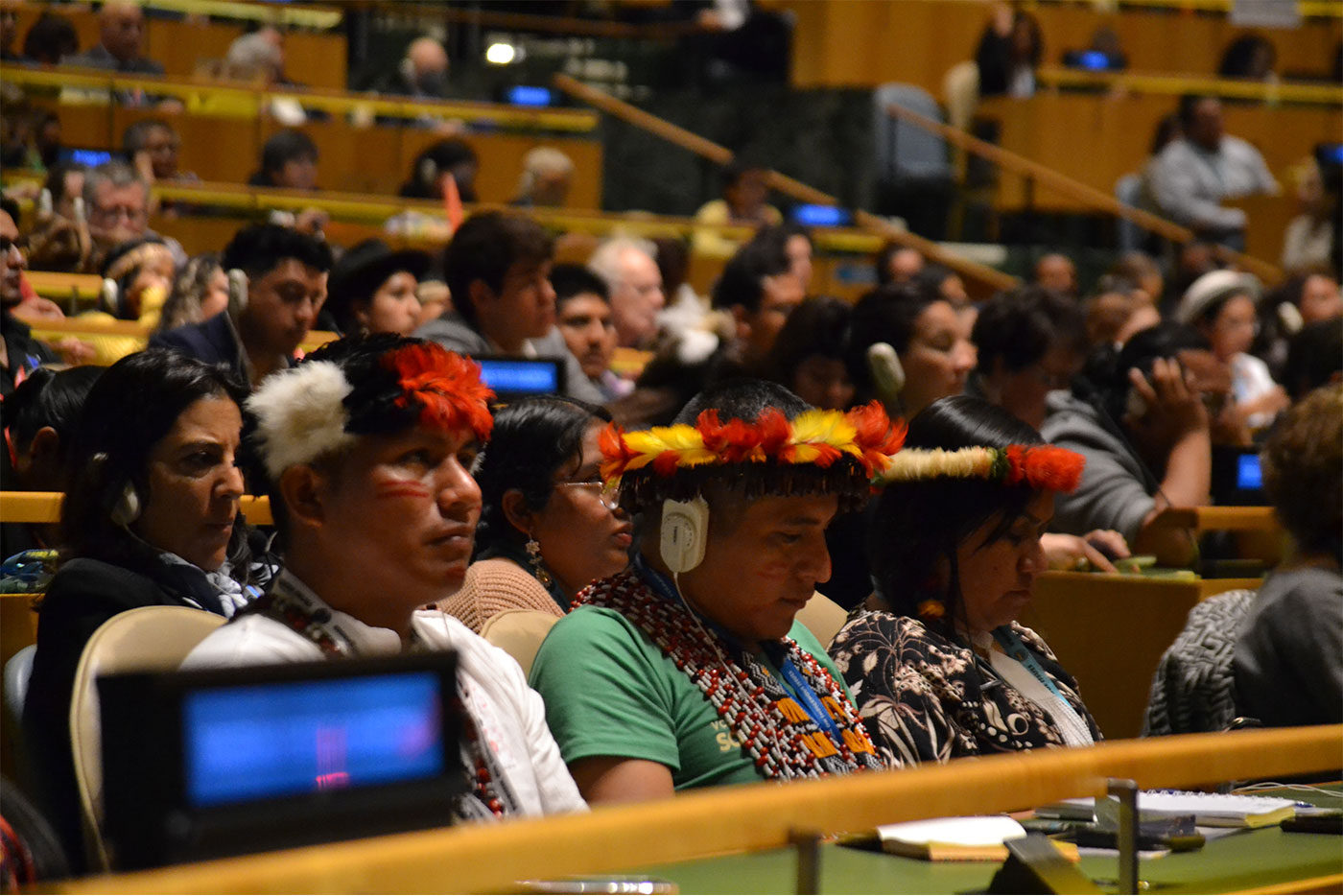IPRI Five-year Strategic Plan 2023–2027: Summary
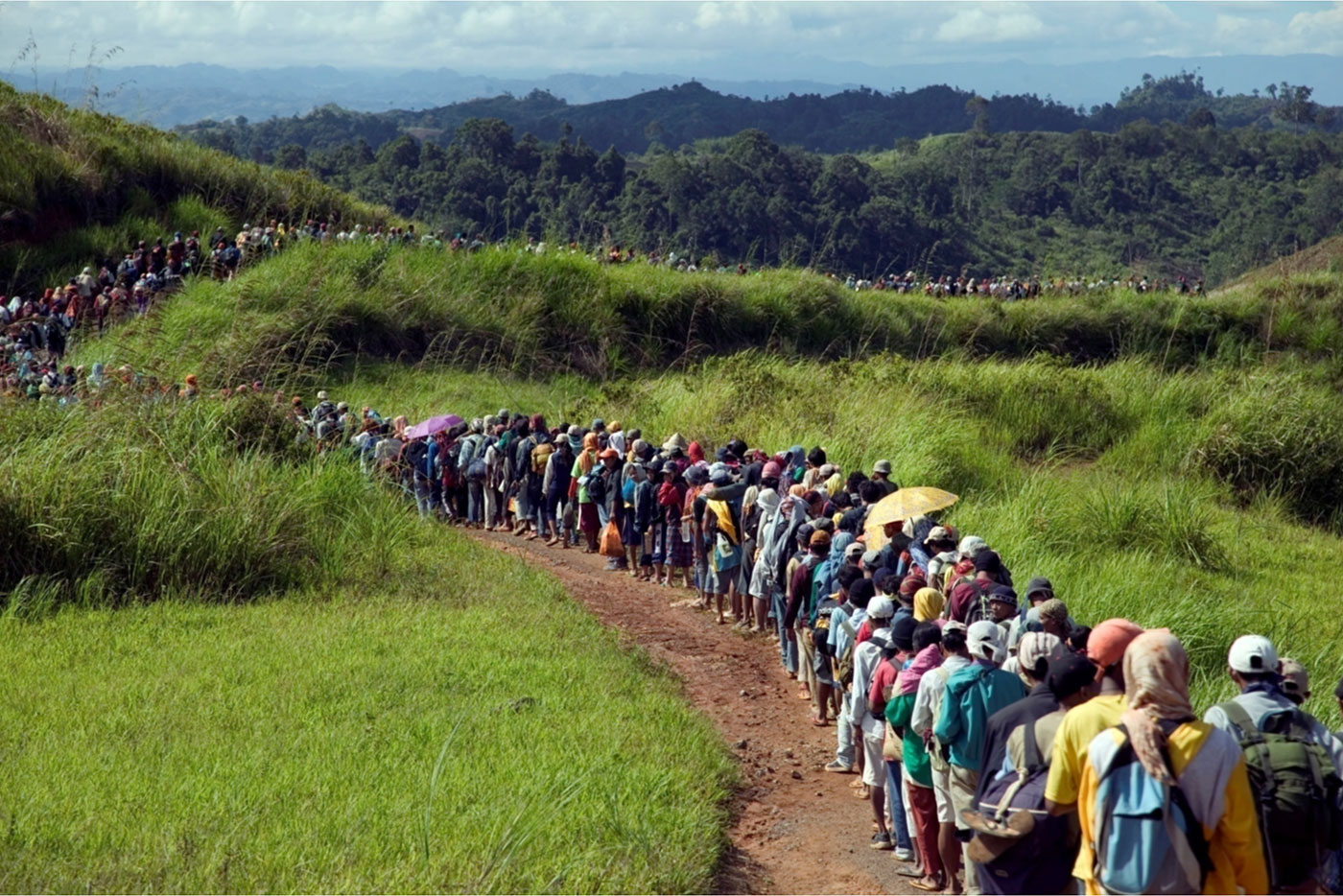
Introduction
Our History
Every day, thousands of Indigenous Peoples face threats to their individual and collective rights. These threats to their lives and liberty come from those who seek to plunder their lands, territories and resources for quick gains. Because these territories contain most of the world’s forest carbon and biodiversity, all citizens of this warming planet have an enormous stake in putting an end to these threats.
The human rights abuses, which are growing in severity and number, are driven by present-day colonial exploitation and systemic racism. The abuses include murder for hire, torture, death threats, rape, harassment, illegal evictions, arrests, detention, forced assimilation, and criminalization of Indigenous activism and forest-management practices. Some of the abuses come from likely suspects, such as private interests and local officials grabbing Indigenous lands for massive infrastructure projects, monoculture plantations, strip mining, and commercial tourism. But other perpetrators are more surprising, such as international NGOs forcing Indigenous Peoples out of their ancestral homes in the name of “conservation” and “green businesses” extracting minerals for electric-car batteries or balsa wood for wind turbines.
In 2019, Indigenous leaders Victoria Tauli-Corpuz and Joan Carling teamed up to start Indigenous Peoples Rights International (IPRI) to stand up for brave forest guardians and stewards of nature. They knew that few Indigenous activists had access to lawyers or sanctuary. They knew the cycle of criminalization and human rights abuses would just continue if advocates did not succeed in strengthening national and international laws for the protection of Indigenous Peoples. Today, IPRI has the distinction of being the only Indigenous-led, global nonprofit focused on ending the criminalization of Indigenous Peoples and the lack of consequences for the majority human rights abusers.
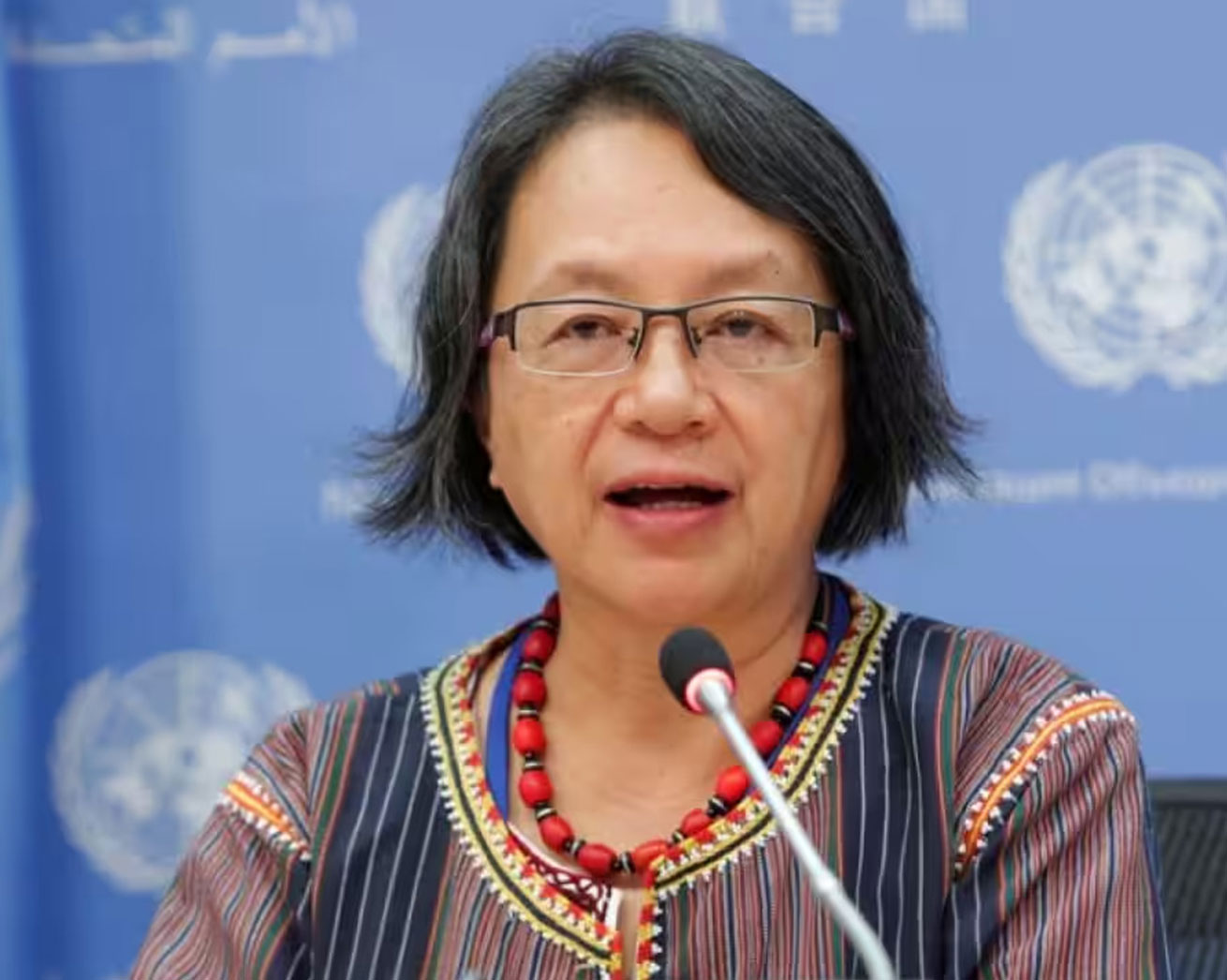
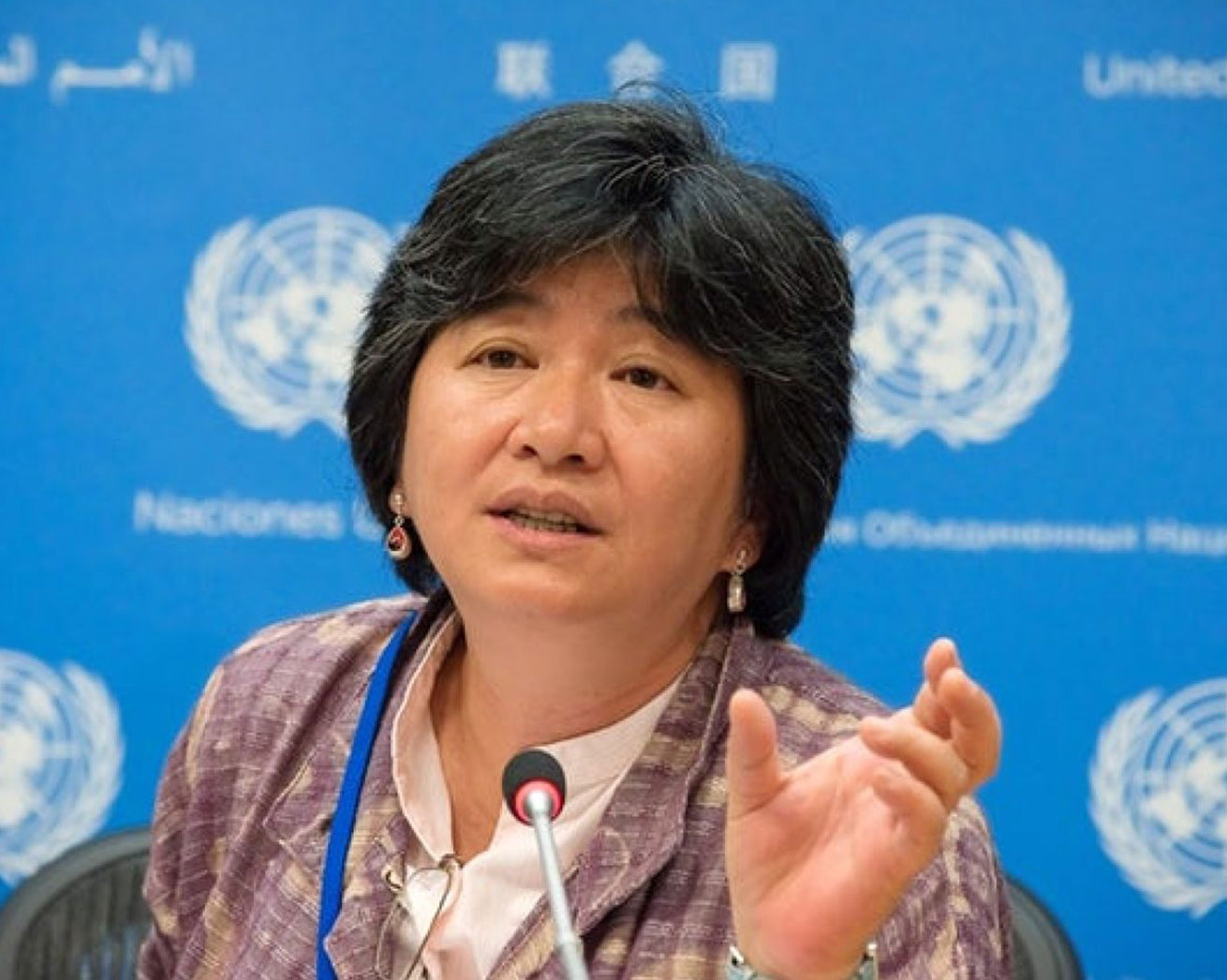
IPRI’s Five-Year Ambition
By 2028, IPRI is sufficiently resourced as the leading organization for the global campaign to reduce the criminalization and stop human rights violations committed against Indigenous Peoples with impunity with a strong global voice. This will be complemented and linked to regional and national partnerships with Indigenous organizations and networks, as well as allies in over 10 countries. IPRI will have established a robust and global database as credible source of information on the human rights situation of Indigenous Peoples. It will also initiate sustained policy advocacy resulting to positive outcomes for the recognition of Indigenous Peoples’ rights and in better protection and access to justice for the violation of their individual and collective rights. IPRI will be uniquely positioned as a go-to center in the defense of Indigenous Peoples against criminalization, violence, and impunity.
VISION, MISSION, GOALS
Vision
Indigenous Peoples are peacefully exercising their individual and collective rights in their territories, especially their rights to self-determination, to their lands, territories and resources, and access to justice, without threat of violence or criminalization.
Key Achievements to Date
Since its founding in 2019, IPRI has established a reputation for its contributions to address, mitigate, and prevent criminalization, violence and impunity against Indigenous Peoples. It has responded to and intervened in cases of attacks on Indigenous Peoples, and has acted as intermediary among threatened communities, international agencies, and private sector interests.
IPRI is now recognized as a credible global actor in addressing the criminalization of and human rights violations against Indigenous Peoples with impunity with the following key achievements:- Intensified advocacy that has led to decisions, policy statements and actions to address criminalization and access to justice at regional and global levels.
- Sustained and effective engagement with UN Human Rights Bodies and Special Procedures, UN Business and Human Rights Forum (at regional and global levels), and with the Universal Periodic Review of the UN Human Rights Council.
- Increased advocacy and engagement in climate and biodiversity global processes to raise the issue of criminalization and rights violations of Indigenous Peoples in conservation and climate actions to address and mitigate these.
- Recognized as reference point for Indigenous Peoples’ human rights by UN and treaty bodies (Office of the High Commissioner on Human Rights, Working Group on Business and Human Rights, Committee on the Elimination of Racial Discrimination/CERD, Committee on the Elimination of Discrimination Against Women/CEDAW).
- Developed policy papers, submissions and interventions in UN and treaty bodies and processes, e.g., submission to CEDAW which was included in its Recommendation 39 on Indigenous Women and Girls, as well as the Committee on Economic Social and Cultural Rights.
- Increased visibility and support for Indigenous Peoples’ organizations at local/national levels for effective engagement and advocacy at global level through organizing meetings with diplomatic missions, supporting participation in relevant meetings and organizing key side events.
- Increased visibility and awareness of criminalization and rights violations of Indigenous Peoples through research and development of breakthrough publications and sustained communications outreach.
- Produced and published six (6) well-received country reports documenting criminalization of Indigenous Peoples, based on research in 2019/20 and seven (7) more reports based on research done in 2021.
- Published and launched two editions of Xanharu, a compilation of legal jurisprudence and decisions at national, regional and global levels on implementation of the UN Declaration on the Rights of Indigenous Peoples (UNDRIP) and treaties and conventions relevant to Indigenous Peoples.
- Generated international, regional and national coverage of its activities through active use of social media and improved website.
- Developed a framework on criminalization from an Indigenous Peoples’ perspective.
- Led and supported campaigns of Indigenous Peoples to address intensifying criminalization and human rights violations at national and global levels.
- Actively supported the campaign against the eviction of 150,000 Maasai Indigenous Peoples in Loliondo, Tanzania through advocacy with UN and treaty bodies, meetings with governments and funders, petitions and effective social media actions that increased visibility and support for the campaign.
- Issued four (4) public sign-on letters to government officials demanding their action to stop criminalization and human rights violations on specific urgent cases generating broad support by diverse organizations, institutions and individuals across the globe and released 14 statements addressing criminalization mainly at country level.
- Organized convenings and meetings between local Indigenous leaders and frontline human rights defenders with international human rights organizations, relevant UN agencies and donors in relation to the urgent concerns and threats to Indigenous leaders and communities.
- Increased emergency legal and sanctuary support to Indigenous Peoples and Indigenous women at community level: Between 2021 and 2022, 31 cases of human rights violations in 23 countries involving Indigenous communities and Indigenous Peoples human rights defenders-at-risk were directly supported under IPRI’s Legal Defense and Sanctuary Fund.
- Strengthened partnerships with Indigenous Peoples’ organizations and networks, human rights organizations and other NGOs, UN agencies and bodies and governments.
- Strategic collaboration with and support to national partners in the six (6) focus countries
- Active collaboration with more than 60 organizations and institutions in IPRI activities.
- Enhanced governance and internal capacity to lead the Global Initiative to Address and Prevent Criminalization, Violence and Impunity Against Indigenous Peoples
- Inclusive Strategic Planning process undertaken and IPRI 5-Year Plan developed.
- Deliberations and approval of the Board of the annual plans and budgets, audited financial reports, Operations Manual and key policies and guidelines, including policies on anti-corruption, conflict of interest, non-discrimination and gender.
- Adoption and implementation of its Operations Manual and strengthening of finance policies, guidelines and processes of the Global Secretariat.
- Active collaboration with members of its International Advisory Group in programme implementation.
Five-year Strategic Plan (2023-2027)
This plan was developed through an inclusive process involving IPRI partners, advisory group members, staff and board members. It also builds on the achievements and strengths of IPRI, optimizes opportunities and addresses weaknesses and potential threats and challenges when possible. This strategic plan includes objectives, key activities and expected outcomes aimed to advance the mission and goals of IPRI to address and prevent criminalization, violence and impunity against Indigenous Peoples towards strengthening their communities, institutions, solidarity and actions.
Objectives, Key Activities, Expected Outcomes
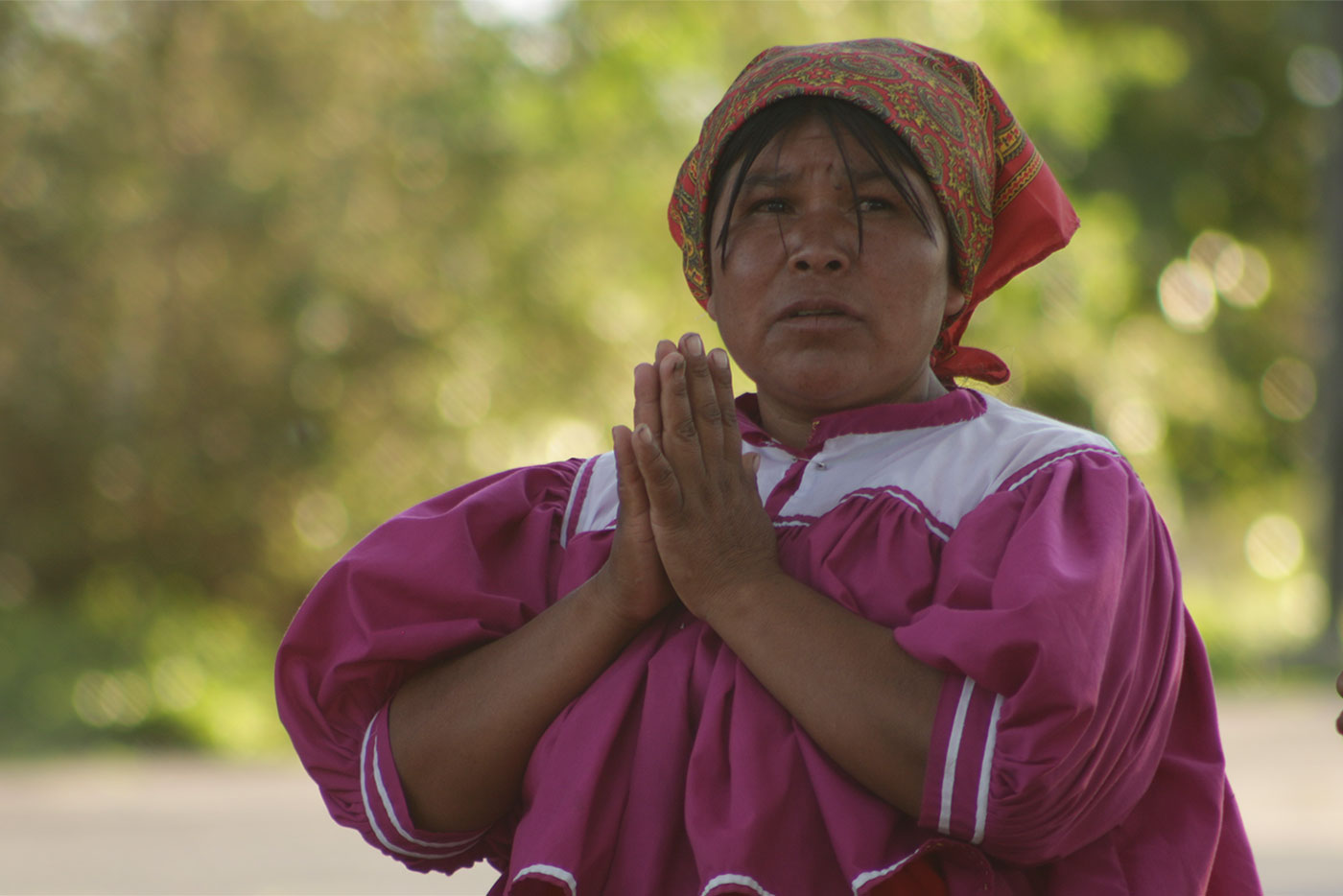
Policy Advocacy
- To promote and push for the full implementation of favorable decisions and recommendations of relevant global and national institutions to address criminalization and ensure access to justice.
- To facilitate better access to justice of Indigenous women and children, and the full protection of their rights.
- To expand and strengthen collaboration with human rights organizations and advocates, UN bodies and relevant institutions to work together in IPRI hubs at the regional and national levels that shall oversee and execute the campaigns.
- To regularly convene Indigenous Peoples leaders and human rights defenders and their allies to share their knowledge and experiences, including lessons learned and recommendations on how to strengthen the campaigns to fight against criminalization and impunity and to obtain justice for the victims.
- To work with existing human rights monitoring systems/organizations at the global, regional, and national levels, community-based monitoring systems and human rights observatories, to ensure that the state of criminalization and impunity is documented, reported, and acted on in a timely manner.
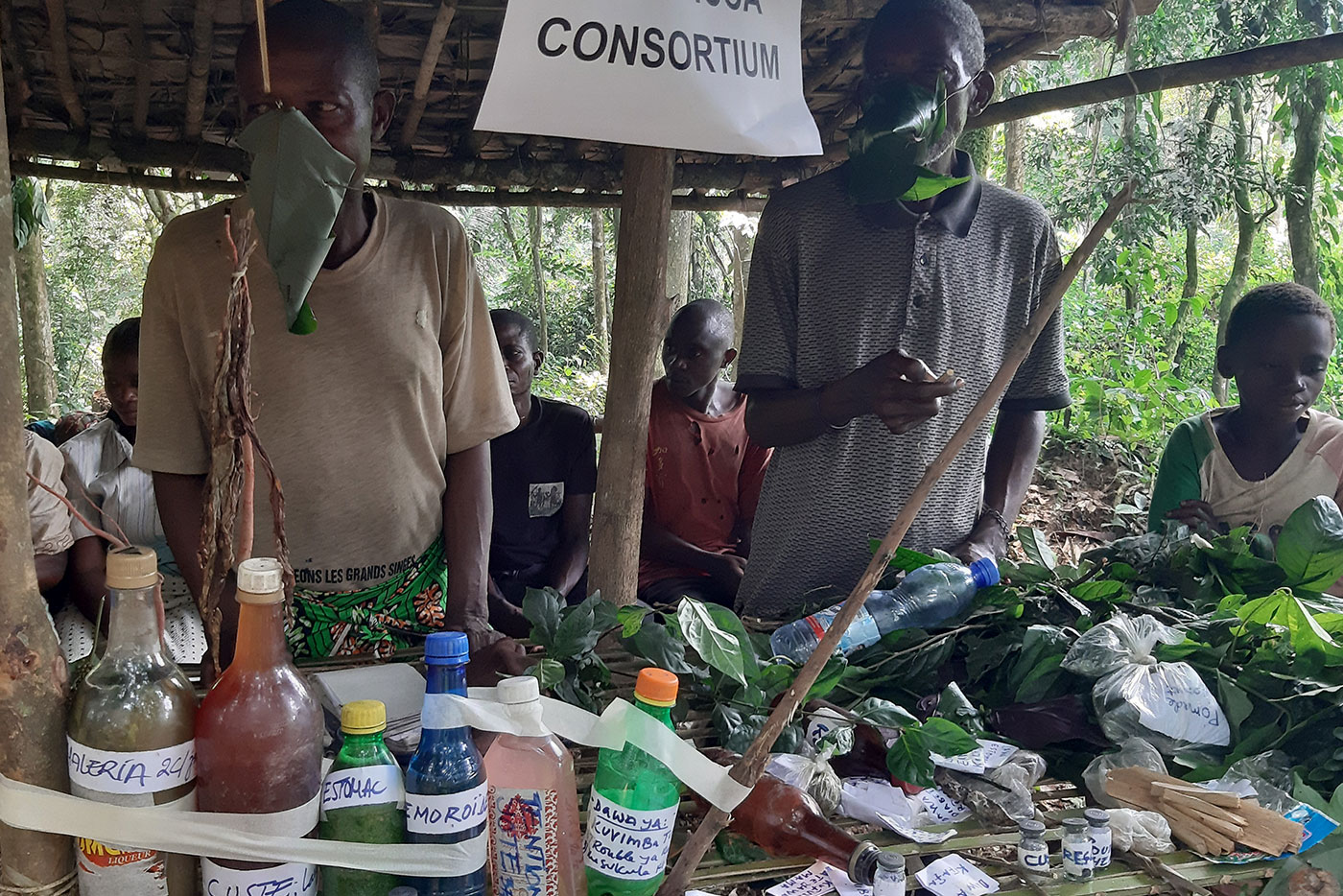
Key Activities
- Increase and sustain engagement with UN Bodies and grievance and accountability mechanisms.
- Organize and sustain campaigns against criminalization (e.g., Loliondo) with Indigenous organizations and support groups, and organize independent inquiries.
- Conduct global/regional/national conferences/workshops on criminalization-related issues to expand collaboration and solidarity and generate widespread support:
- Global Conference on Criminalization and Indigenous Peoples (2024);
- Workshops on: Access to Justice, Customary Laws and Indigenous Justice Systems, and ordinary justice (2023); Conservation; Impacts of business operations (2025).
- Sustain and increase partnerships with Indigenous organizations in at least 10 focus countries.
- Convene judges and lawyers and undertake strategic litigation.
- Training of Indigenous partners on advocacy within the UN and regional HR systems.

Outcomes by 2028
- Reduced criminalization and improved access to justice and protection of Indigenous Peoples human rights defenders in at least three (3) focus countries and 50 high-risk communities.
- Collaborated with at least 100 Indigenous organizations/networks and human rights institutions.
Research, Documentation and Communication
Objectives
- To raise global awareness and attention on cases, positive and negative developments and trends on the criminalization and state of human rights of Indigenous Peoples through communication materials, reports, policy briefs, and IPRI’s global database.
- To publish authoritative reports for evidence-based policy advocacy, including access to justice targeting relevant bodies at national, regional and global levels.

Key Activities
- Conduct widespread documentation of cases of criminalization and rights violation of Indigenous Peoples in collaboration with Indigenous organizations and networks and human rights institutions.
- Operationalize and update IPRI’s database.
- Publish and disseminate the Annual Report on the state of human rights of Indigenous Peoples, and Xanharu, the digest on laws and jurisprudence on Indigenous Peoples’ rights.
- Develop advocacy tools such as a global database on Treaty Body jurisprudence related to Indigenous Peoples that is accessible to advocates, judges, lawyers, Indigenous Peoples and other interested parties.
- Conduct research and publication on the following:
- Indigenous Human Rights Defenders and Access to Justice;
- Climate Change and Criminalization of Indigenous Peoples in Climate Actions;
- Criminalization of Customary Laws and Indigenous Justice Systems;
- Incarceration and Access to Justice (Expansion/Deepen);
- Criminalization and its Impacts and Consequences on Indigenous Women;
- Forced Displacement of Indigenous Communities.
- Increase production and issuance of creative and attractive communication materials in various languages, maximizing the use of both traditional and social media platforms.

Outcomes by 2028
- Generated robust data on criminalization and human rights violations against Indigenous Peoples actively used by Indigenous Peoples, states, human rights organizations, academe and other relevant actors as reliable source of information on the state of Indigenous peoples’ rights.
- Increased awareness, attention and action by states including on policy reforms and access to justice.
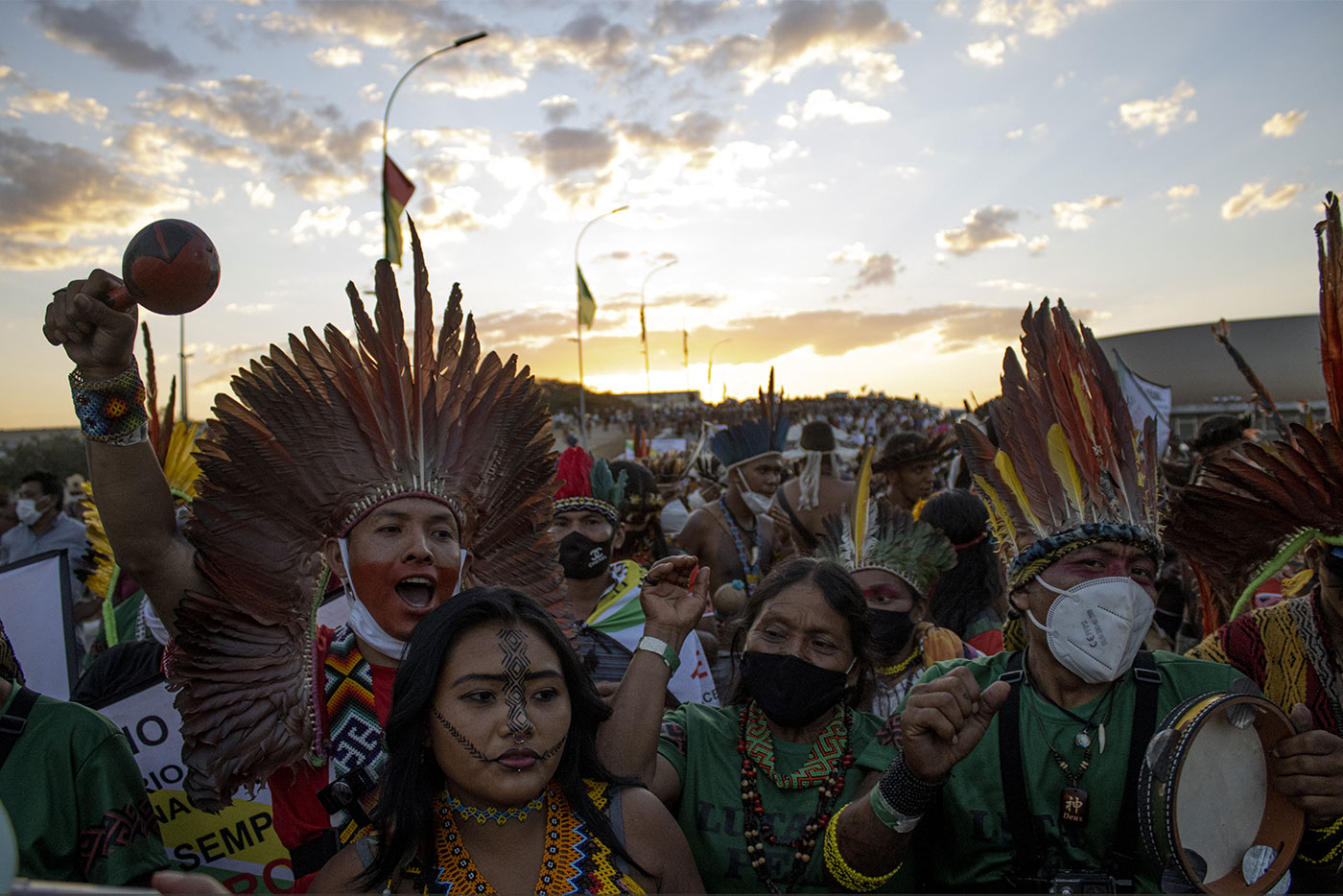
Legal Sanctuary and Defense Fund
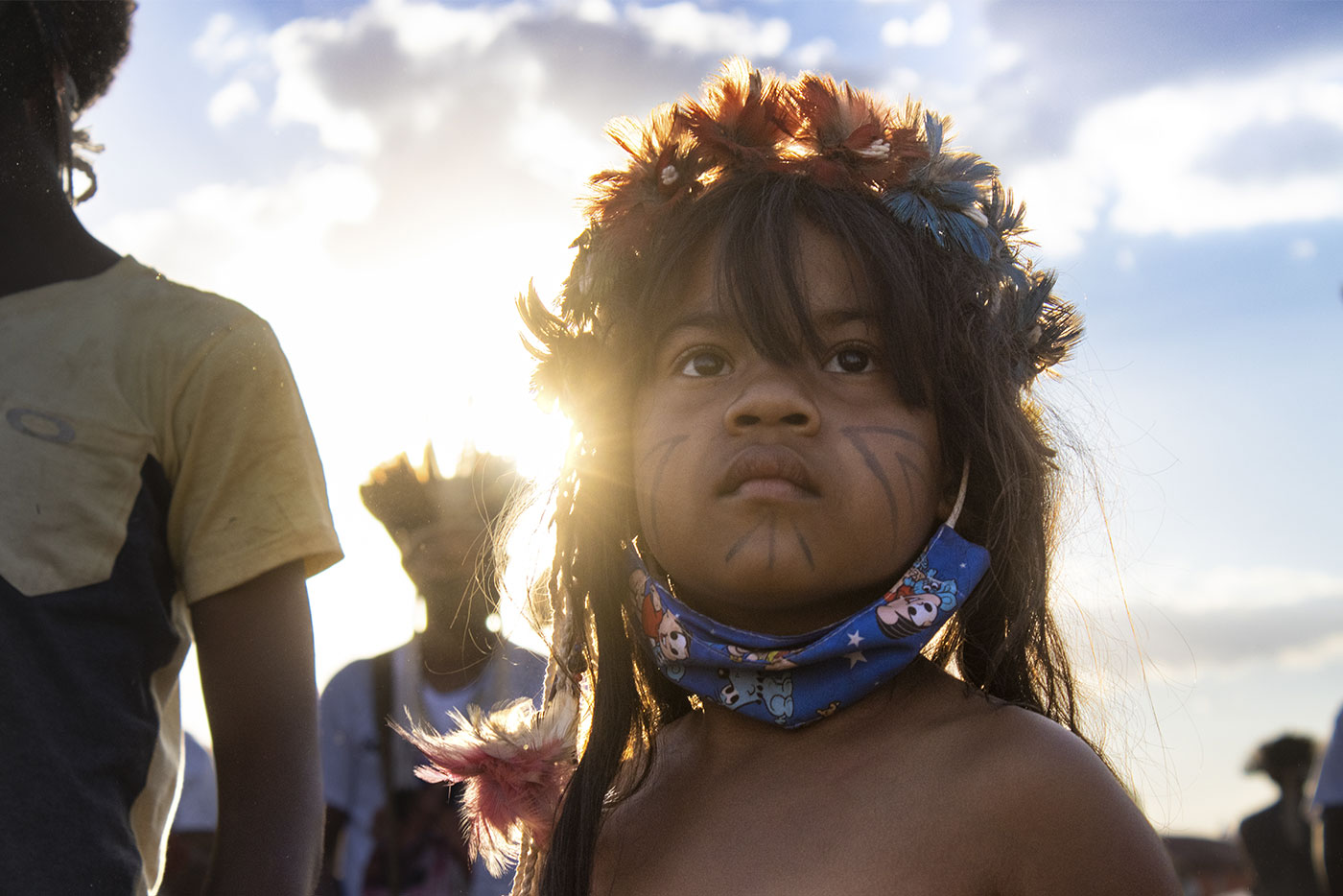
Objectives
To expand the support to facilitate the physical safety and security of Indigenous individuals, communities and organizations through the use of existing protection mechanisms and establishment of new ones when needed to gain access to justice.
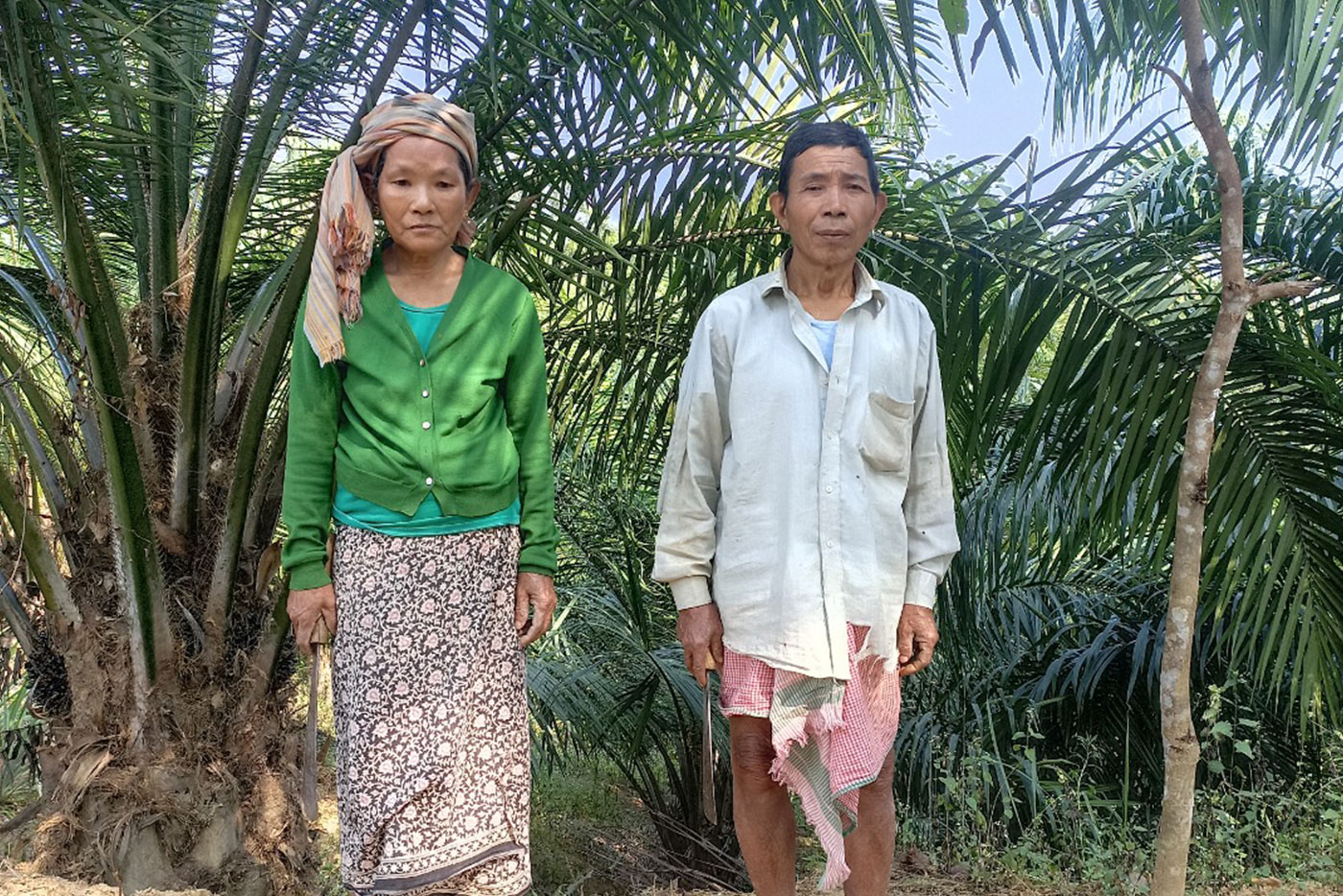
Key Activities
- Financial, sanctuary, health, legal and other forms of support.
- Facilitation of legal services and networking with lawyers and teams of lawyers.
- Continuing outreach to Indigenous Peoples’ organizations and networks, especially in high-risk countries and areas.
- Partnership with providers of sanctuary and other needed services such as medical and mental health, security support, etc.
- Partnerships and networking with donors for direct support and increased fund of the LDSF.
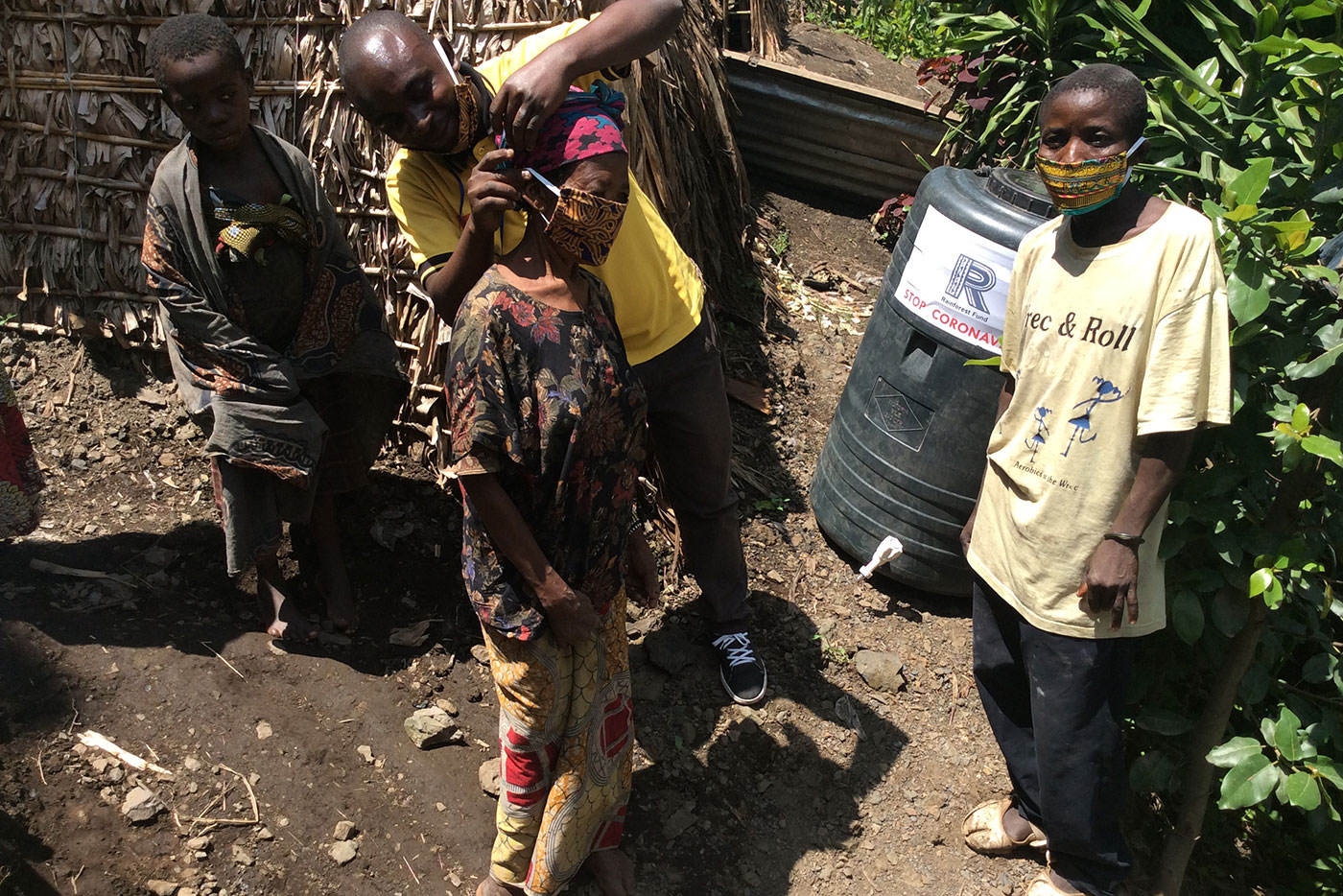
Outcomes by 2028
- Provided legal, finance, sanctuary, health and other forms of support and assistance to at least 120 Indigenous human rights defenders, including women, and at least 100 Indigenous communities at risk.
- Actively collaborated and partnered with at least 20 organizations providing services such as legal support and funding mechanisms providing similar support and assistance.
Institution Development and Strengthening
Objectives
- To strengthen IPRI’s governance mechanisms and increase capacities of staff for programme implementation, management, monitoring, evaluation and learning.
- To attain organizational resilience through strengthened operations of the Global Secretariat and scaled-up resource mobilization (of at least $15M to cover the 5-year budget).
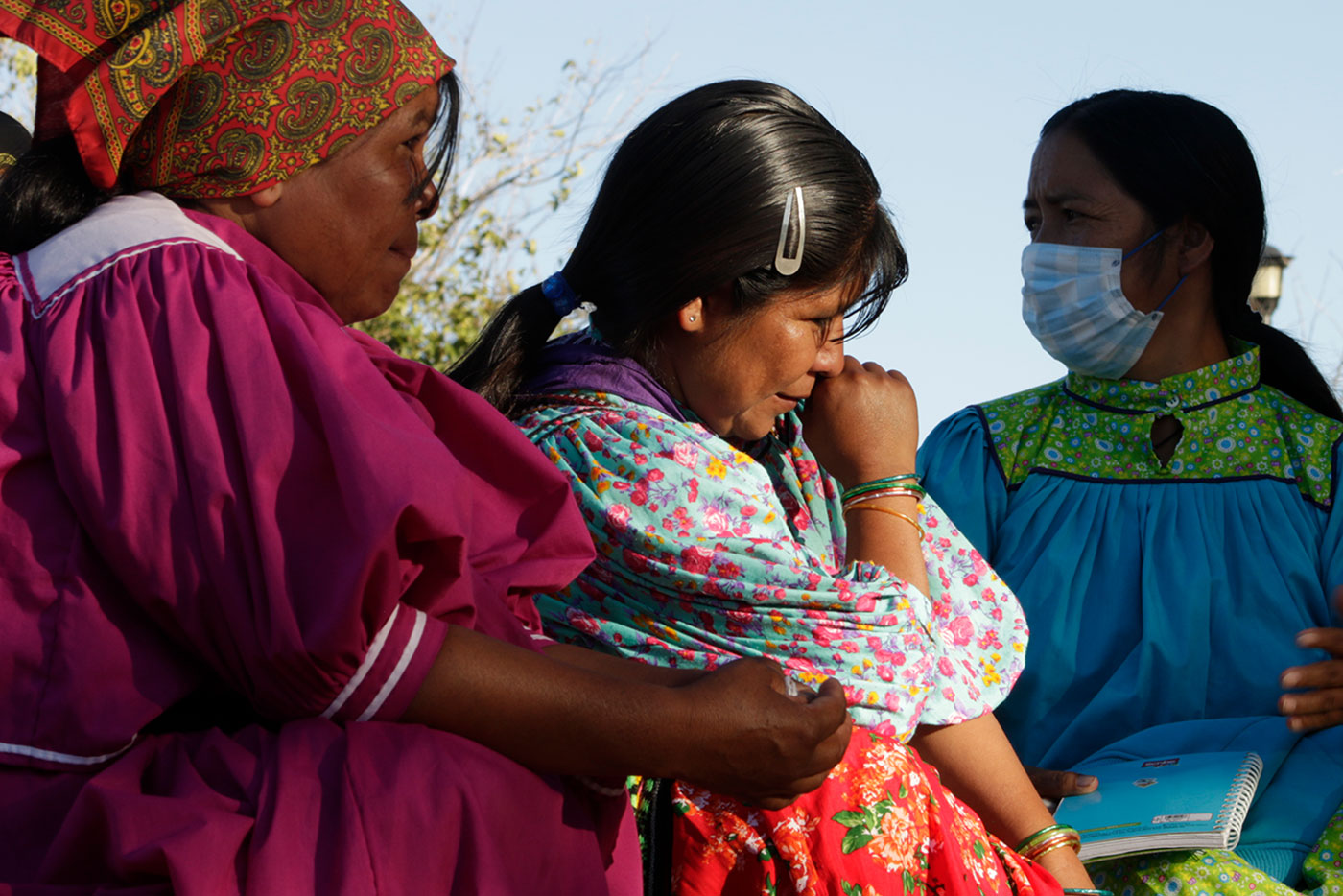
Key Activities
- Establishing offices in the US and Geneva, Switzerland to engage key UN and human rights organizations and IPRI regional offices in Latin America and Africa.
- Increase engagements with the members of the IPRI International Advisory Group; and campaign for Affiliate members in all the seven (7) global regions.
- Sustain regular meetings of the Board and increase their participation in IPRI programs.
- Strengthening management and programme implementation of the Global Secretariat through regular meetings and consultations, trainings, monitoring, assessment and evaluation.
- Fundraising missions to establish good relations to diverse donors and generate needed resources to implement the 5-year strategic plan and beyond.
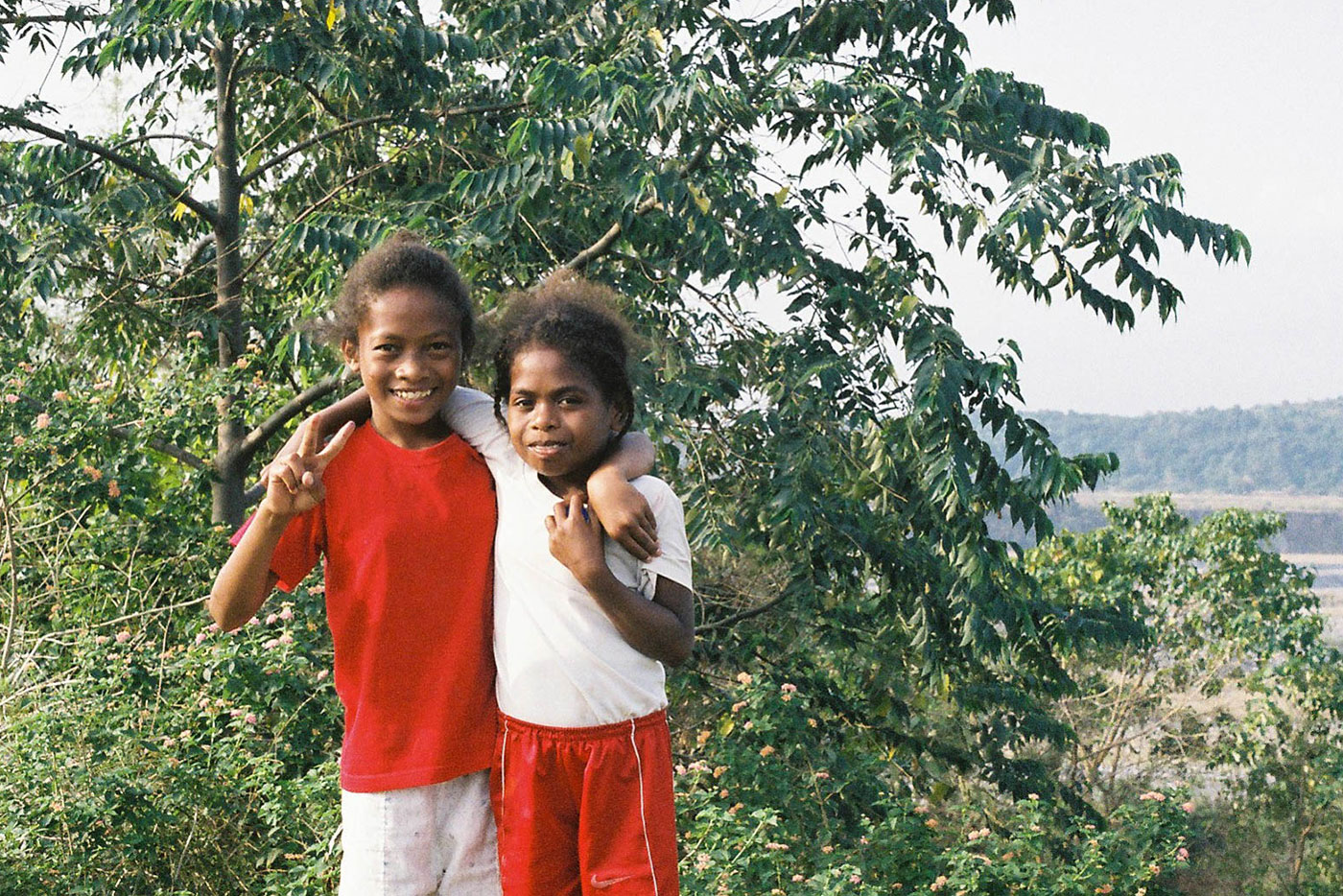
Outcomes by 2028
- Strengthened institutional governance and management and developed organizational resilience with secure funding for the implementation of its 5-year strategic plan.
- Acknowledged as a credible global organization of Indigenous Peoples by Indigenous organizations and networks, advocate organizations, UN bodies and special procedures, human rights institutions and organizations, and donors.

RESOURCE MOBILIZATION
- Multi-year funds to be generated at US$3.5 Million/year (US$17.5 million) for five (5) years.
- Combination of private and public funds, prioritizing the mobilization of unrestricted funds.
- Internally, strengthening fundraising capacity with needed personnel support to undertake this task supported by effective and timely communications.

